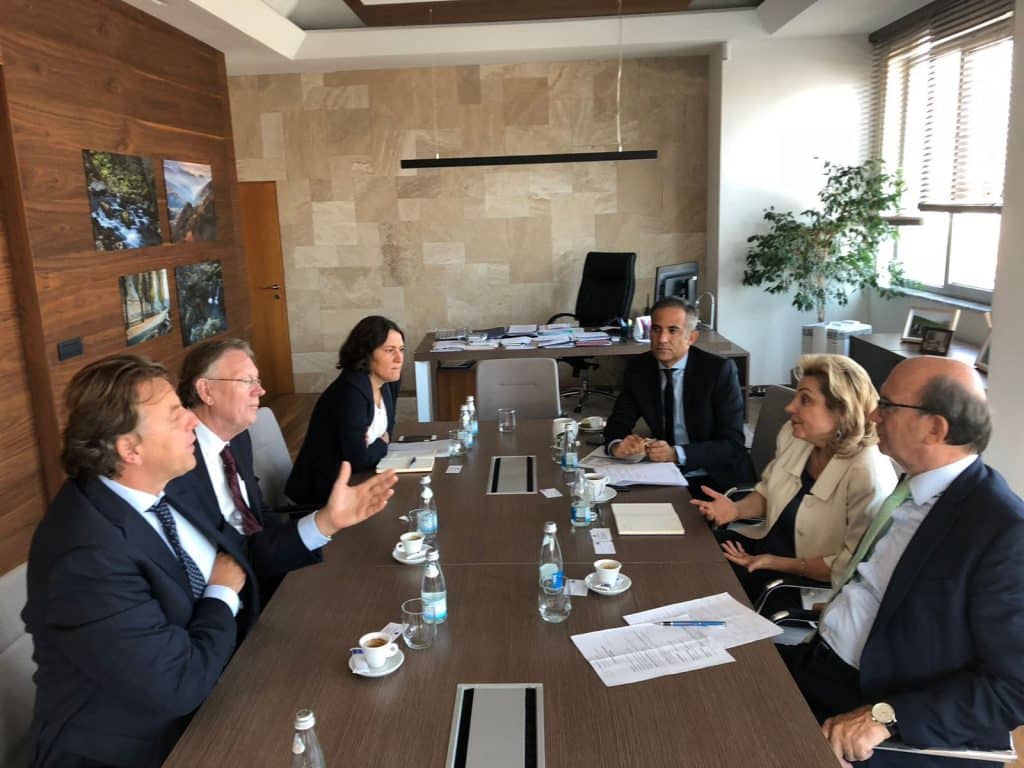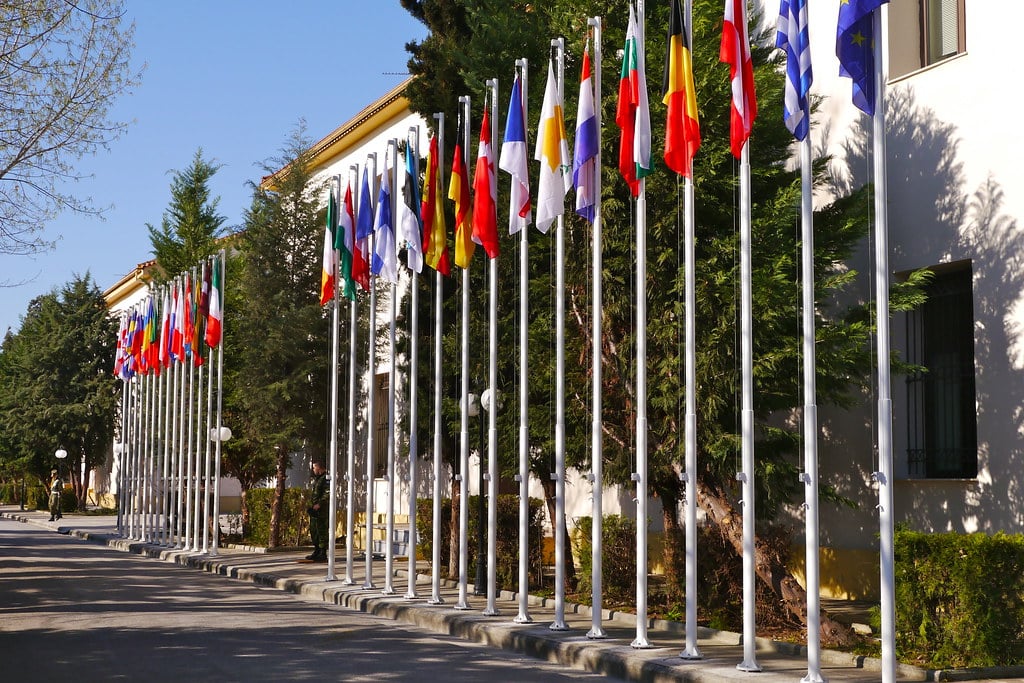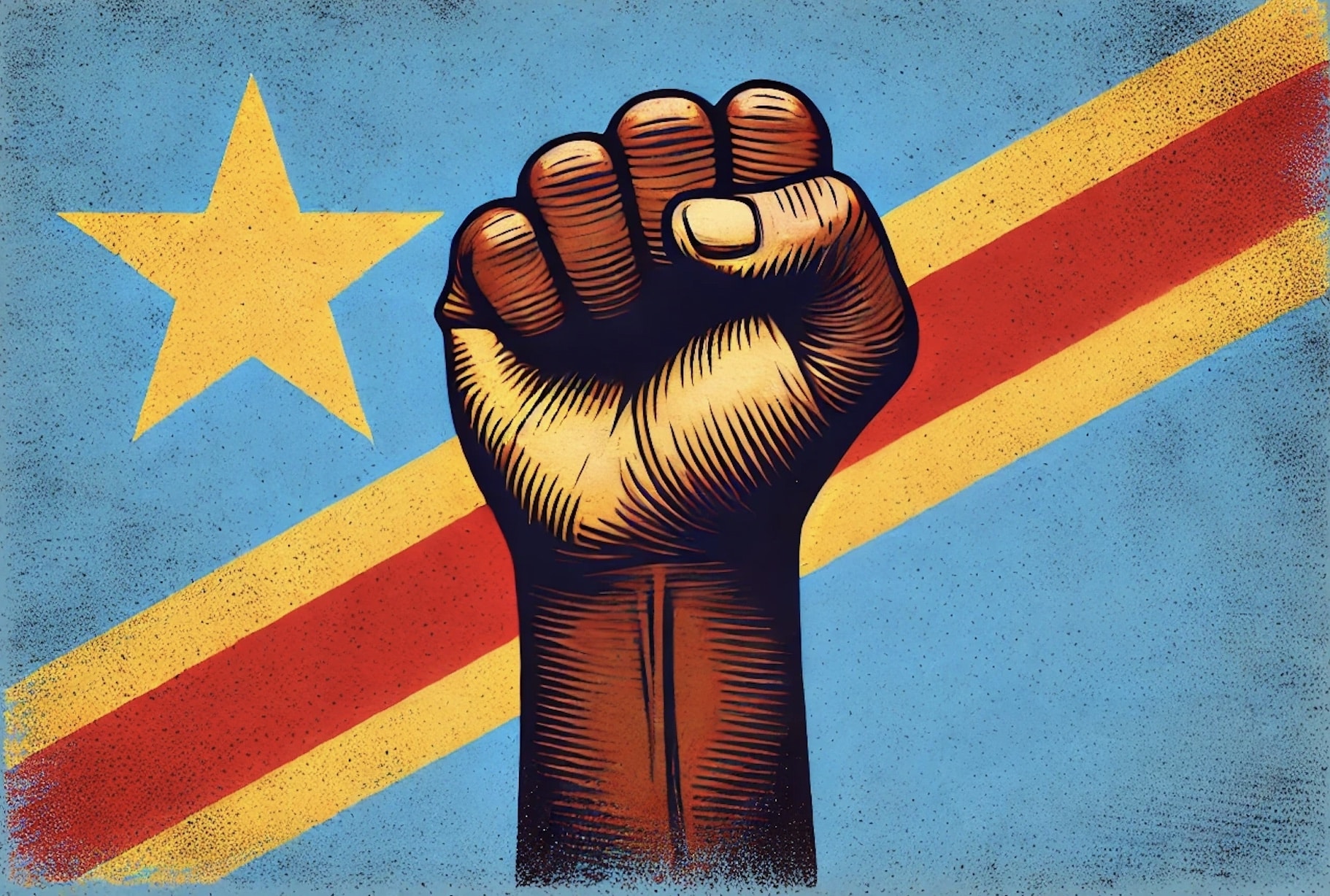By Danijel Tadić
Between the 28th of August and the 2nd of September a delegation of the Dutch Labour Party, Foundation Max van der Stoel and the European Forum for Democracy and Solidarity, headed by Member of the European Parliament Kati Piri, visited EU aspirant countries Kosovo and Macedonia.
Lead poising case under the UN watch
Next to assessing the political dynamics on the ground and the role of the international community, the aim of the visit was to discuss and visit the Roma, Ashkali and Egyptian (RAE) communities in Mitrovica (Kosovo). After the Roma Mahala was burned to the ground in the aftermath of the Kosovo War, around 600 individuals were accommodated by the UN in camps contaminated by lead from a nearby industrial mine. A UN human rights advisory panel recommended to the UN in 2016 that it should offer a public apology and adequately compensate the affected families. Next to individual compensation RAE communities demand back land they have been living on for decades. This is a great challenge as official documentation involving land ownership is lacking. It has been concluded that systematic medical testing, individual medical treatment, compensation and community-based projects (amongst others, in the field of employment and education) are needed. Therefore, the current UN fund to compensate the families – which is empty – should be transformed into a fund that would include both individual compensation and community-based projects.
Kosovo: little to celebrate after 10 years independence
The majority of the 1,8 million inhabitants – with the youngest population in Europe – are disillusioned and apathetic: The international community is considered by critical voices from the civil society as divided, unable to develop and communicate a clear strategy on Kosovo and the region; the unaccountable corrupted ruling Kosovo elite, most of them former Kosovo Liberation Army fighters, is operating in the interest of their clans and business partners. As a result, and despite the ‘Brain Gain Fund’, young people, and increasingly members from the middle class, are fleeing the country hoping for a better future elsewhere. Rather than tackling the socio-economic causes that are responsible for this brain drain, the status of Kosovo and relations with Serbia keep determining the country’s discourse. Meanwhile young people are getting more vocal, out on the streets, to fight for more opportunities and against corruption. Exemplary for this: it was a few years ago unimaginable that an ideology-based citizens movement could become the largest political party in Kosovo; let alone that people would take it to the streets to protest against interference in an investigation into ‘fake’ war veterans.
Status first, land swap as solution?
Due to a successful lobby in the US and the American abandonment of its rigid position on the division of Kosovo, better prepared and more efficient Belgrade negotiators have managed to bring this heated topic on the table. This is surprising as the Western capitals, as most experts, were convinced that the negotiations on the normalization of relations between Kosovo and Serbia could lead only to recognition of Kosovo by Serbia. After all, the 2013 Brussels Agreement and the establishment of the Association of Serb Municipalities with far-reaching authority – but under Kosovo law – was seen as a first important step towards this direction. Nevertheless, the Presidents of Serbia and Kosovo, Aleksandar Vučić and Hashim Thaçi, are nowadays seemingly close to a deal which would include ‘border correction’.
Statements from EU capitals and Washington suggest that the land swap is not just another smoke screen put up by Belgrade and Pristina. Foreign Affairs Chief Mogherini would accept a deal ‘in line with international and EU law’, Commissioner Hahn supports out of the box solutions and would accept a deal that does not endanger regional stability, and US’ Bolton would not oppose border changes if there is a ‘mutually satisfactory settlement’. Merkel was the strongest and only influential opponent of bordered changes, stating that territorial integrity is an important starting point for regional stability.
As it is still unclear what exactly Thaçi and Vučić have in mind, the details of a potential land swap deal are unknown. However, based on statements from officials and analysis by various commentators, it is expected that the deal would involve something close to the following: the Serb-dominated north of Kosovo would become part of Serbia, while the Albanian majority municipalities in southern Serbia Preševo valley would become part of Kosovo. Furthermore, both countries would put references and their position on other countries in the agreement, which would guarantee the territorial integrity of Bosnia-Herzegovina, Macedonia and Montenegro. Possibly, the option of Kosovo future unification with Albania would be left open, which would allow Thaçi to get support for the deal domestically.
Despite many warnings from within Kosovo and the region, it is unlikely that border corrections will lead the region back to the wars of the 90s. However, principal arguments against, such us undermining of 20 yearlong international effort and an ethnic based division with movement of populations prevail over arguments arguing that for the sake of future EU integration a deal should be made in the near future.





